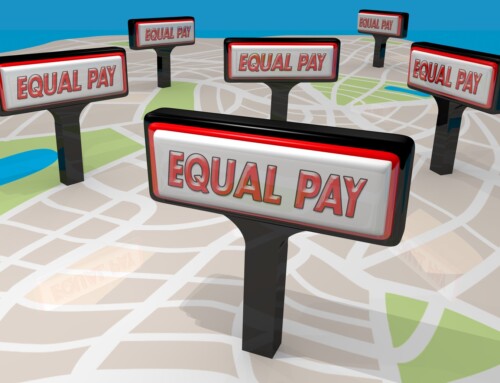 ◆Total salary paid by companies increase for 7 consecutive years
◆Total salary paid by companies increase for 7 consecutive years
The latest version of the “Survey of Pay Rates in the Private Sector” that the NTA is conducting annually to examine the tax burden has been announced. According to the survey, the total salary paid by private establishments during the last year was 2.235 trillion yen (up 3.6% from the previous year). The total salary has increased for 7 consecutive years.
◆Average salary for regular and non-regular employment
The average salary of salaried workers who worked throughout the year was 4.4 million yen (up 2.0%). The breakdown of this average salary was 5.40 million yen (up 2.0%) for regular employees and 1.79 million yen (up 2.2%) for non-regular employees. There is a disparity of more than double in salary between regular and non-regular employment.
◆6 months until equal work for equal pay
In April 2020, under the so-called “Work Style Reform Laws” (part-time and fixed term employment law, revised dispatching law, etc.), “equal work equal pay” is finally being applied and companies will be forbidden from having inconsistent disparities in pay. In April 2020, under the so-called “Work Style Reform Laws” (part-time law, revised dispatching law, etc.), “equal work equal pay” is finally being applied, and companies will be forbidden from having inconsistent disparities in pay (However, application of the part-time and fixed-term employment law for SMEs starts in April 2021)
◆How to cope with the labor costs due to equal work equal pay
According to the “100 Company President Questionnaire” conducted by the Nihon Keizai Shimbun (September 21, 2019), 46.9% of companies reported the labor cost will “increase” or “somewhat increase” due to the introduction of a system corresponding to the equal work equal pay initiative.
In addition, among the companies that have already completed the system development corresponding to the equal work equal pay initiative, it seems that few companies reviewed the “basic salary”. According to the questionnaire, only 10.5% of companies started to pay bonuses for non-regular employment, and only 7% of companies increased their basic salary for non-regular employment to the same level as regular employment. Although there are differences in responses depending on the company, it is necessary to correct the disparity in treatment, especially salaries, and to cope with the costs. It is urgent to act while referring to the trends of major competitors.




